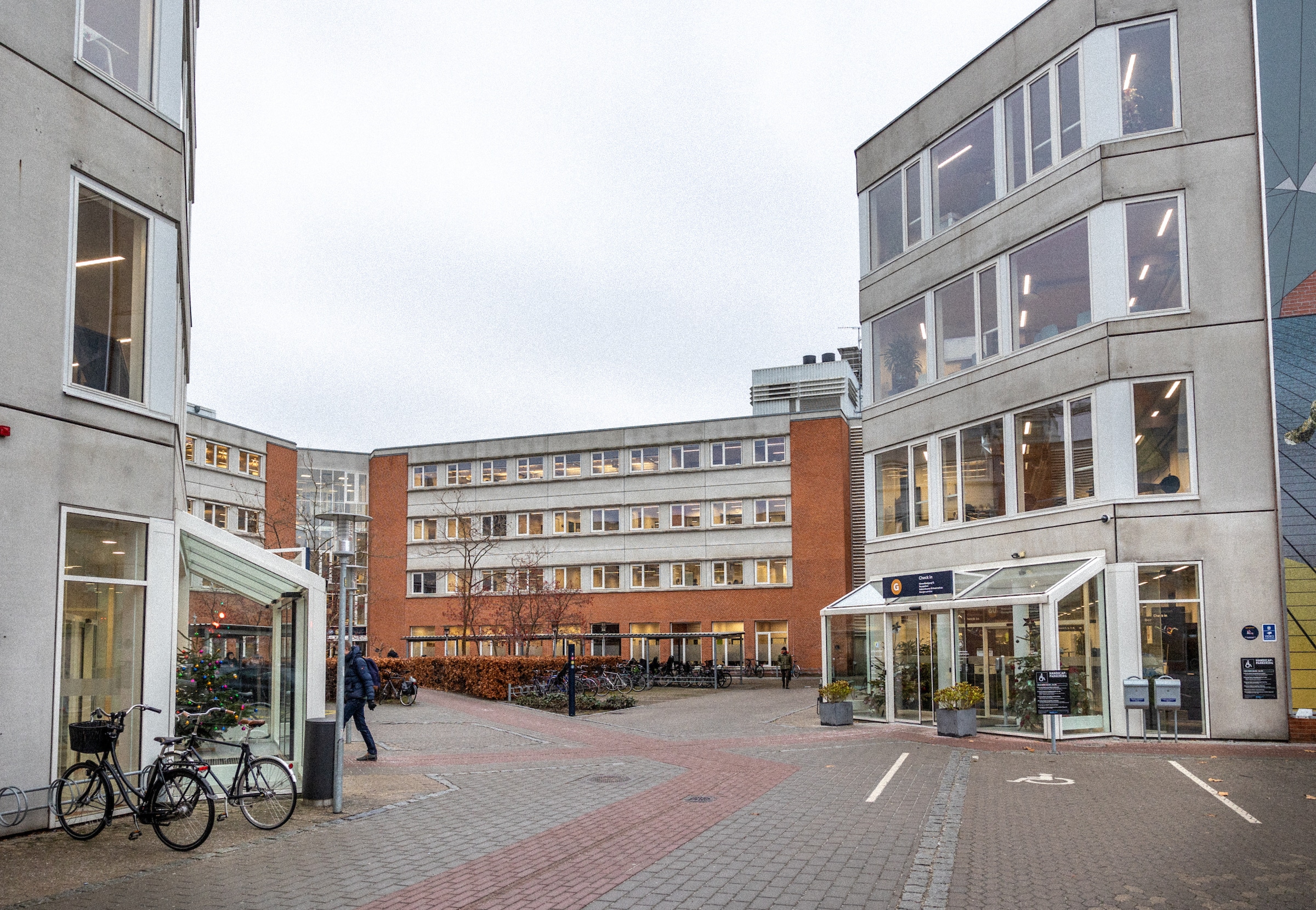Hvordan takler man ”os-mod-dem”-dynamikker i udsatte boligområder? Hvem har ansvaret? Og hvordan adresseres polarisering strategisk? Det er spørgsmål som den hollandske filosof og forfatter, Bart Brandsma, fokuserer på i sin kommende præsentation på konferencen ”Civilsamfundets potentiale i kriminalitetsforebyggelse”, som CFBU afholder mandag d. 23. maj i København.
Bart Brandsma er forfatter til bogen ”Polarisation: Understanding the dynamics of us versus them” og gæster snarligt København som en af hovedtalerne til CFBU’s konference om kriminalitetsforebyggelse. Med to årtiers international erfaring i bagagen tilbyder han metoder til fagfolk, som på daglig basis beskæftiger sig med tryghed og kriminalitetsforebyggelse i udsatte boligområder.
Vi bringer her et lille interview med Bart Brandsma som opvarmning til konferencen.
IS THERE A PROBLEM WITH POLARISATION IN RELATION TO DEPRIVED NEIGHBORHOODS IN EUROPE? HOW WOULD YOU DESCRIBE THIS PROBLEM?
– In my work in big cities as well as in smaller towns one can see us-versus them emerge in different shapes, sometimes it is ‘those who hire a house versus those who own one’, sometimes it is ‘the refugees’ versus ‘we, who are from here, since long with the oldest rights to…’, and sometimes it is ‘racist police’ versus ‘youngsters with non-Danish background’, and in a lot of cases we can see the scheme ‘elite’ versus ‘the people’.
– For professionals it is a challenge to see which of these schemes need to be addressed, which ignored, which are gut feeling dynamic? The way we talk, the way we choose our professional strategy will follow from the analysis we make in a neighborhood of all us versus them thought constructs. In all cases the problem is not the very fact that polarisation exists, it is a natural fact of life. The problem is how to act professionally without delivering further fuel for us-versus-them thinking.
WHAT IMPLICATIONS DOES POLARIZATION HAVE FOR THE SENSE OF SAFETY IN DEPRIVED NEIGHBORHOODS? WHAT IMPLICATIONS DOES IT HAVE FOR CRIME AND DELINQUENCY?
– There is a phenomenon called polarisation pressure. Neutral people, indifferent people are pressed to speak out, to choose sides. If the polarisation pressure increases, we see the sense of safety decrease. It is in severe polarisation not safe to present yourself in the middle. The poles want you to speak out; are you with us or are you with the police? (Think of Bushes you’re either with us or you are with the terrorists).
– Only two choices are valid. Are you with Erdogan or with Gülen, are you with Black Lives Matter of with the white elite? Silence is complicity, the activist will tell us. High polarisation pressure will give people in the middle the sensation that they will be scapegoated if they continue in the middle. It will in some cases make young people decide to join one side, adopting criminal life styles, justifying petty crime. Choosing a camp will at least offer identity and protection, and will help them out form the vulnerable middle position, where they are always targeted.
WHAT IMPLICATIONS DOES POLARIZATION HAVE FOR THE PROSPECTS FOR PUBLIC AUTHORITIES TO COLLABORATE WITH CIVIL SOCIETY? HOW CAN PUBLIC AUTHORITIES TAKE POLARIZATION INTO ACCOUNT WHEN ENGAGING WITH COMMUNITIES IN DEPRIVED NEIGHBORHOODS?
– One of the styles of public authorities is ‘management’ and bridge building, a very necessary style yet very often polarising. The poles are given attention and energy and problems are expected to be solved by public authorities. The style that works in a depolarising way is the ‘leadership style that strengthens the middle’; that involves listening, finding the bonding questions and strengthening the informal leaders in the middle. One needs a different set of skills and also a different attitude to get to and gain credibility in the middle. My trainings and consultancy are focused on exploring the professionals’ options in times of conflict and polarisation.
WHAT IS YOUR ADVICE/RECOMMENDATION TO THOSE THAT WORK WITH SAFETY AND CRIME PREVENTION IN DEPRIVED NEIGHBORHOODS IN A CONTEXT OF POLARISATION?
– Finding a good role division and connection between safety-oriented professionals and social domain people. The two are both needed, yet need to see the others value to complete them. I see very often that in municipalities security and safety prevails over the softer skills that are needed to address problems, whereas too little attention paid to security will bring problems as well. Close cooperation is needed. My Polarisation Framework provides a good role division and possibilities for timing interventions. My first recommendation is to look at what professional positions and options we have, and then consciously choose an efficient strategy that takes into account my abundance and sometimes also lack of personal skills. We are alle limited, and a realistic idea of ones own skills will be most helpful. That is what my Framework Polarisation can offer; a realistic practical approach in a highly difficult to grasp dynamic; polarisation.

